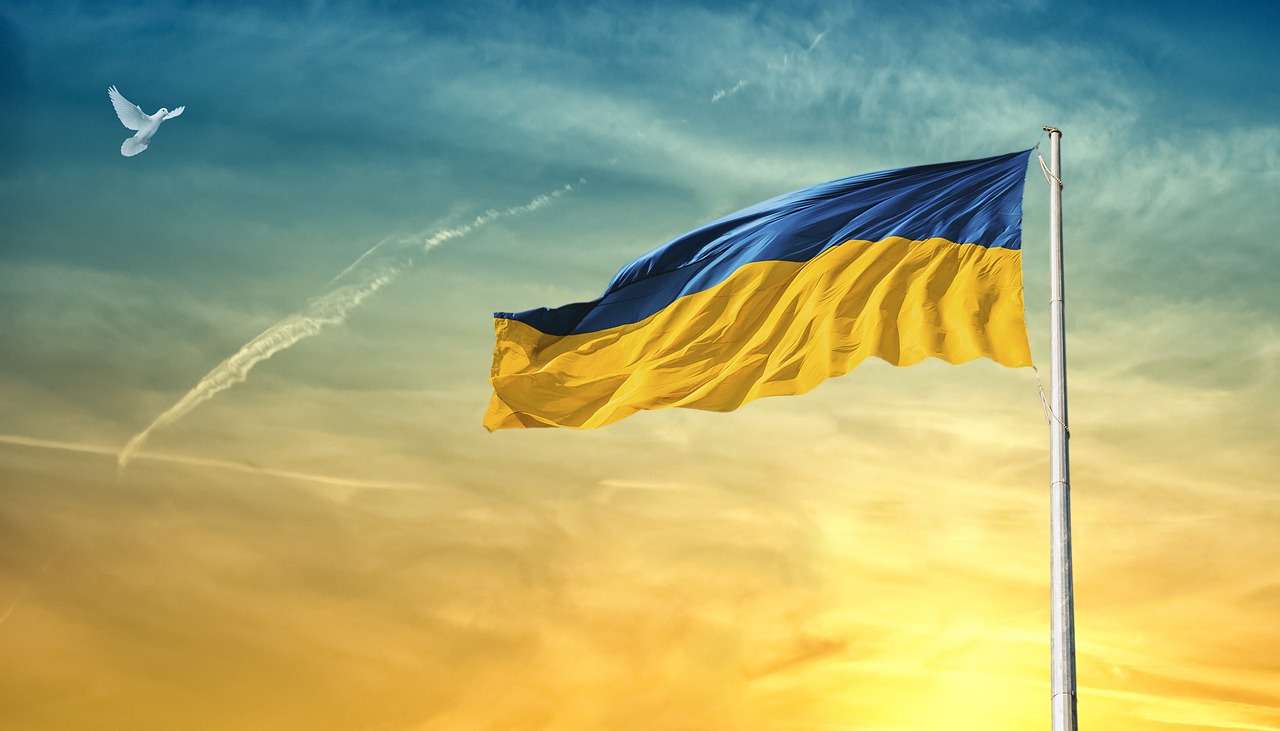
Moldovan President Maia Sandu met with Ukrainian President Zelensky and European Council President Charles Michel during her visit to Kyiv, marking the tenth anniversary of Euromaidan.
Sandu emphasised the importance of respecting international borders and called for countries to support Ukraine „for as long as it takes” and „until the victory.” She also hinted at Transnistria, a Russian-controlled enclave in Moldova that continues to threaten Moldova’s national security. Moldova and Ukraine were granted EU candidate status in 2022, and the European Commission recommended member states to open formal membership talks with the two nations.
Sandu and Zelensky placed lamps in memory of the protestors who died during Euromaidan, describing them as „those who made the ultimate sacrifice.” Moldova, which was part of the Soviet Union, faces Russian influence and subversion, with the Moldovan government blocking access to Russian news media to deter interference ahead of its upcoming elections.
Ukraine and Moldova have fostered close cooperation in their shared aspiration to become members of the European Union (EU). This collaboration is rooted in their common goal of integrating into the European community, fostering democratic values, and enhancing economic and political ties with the EU member states. Both countries have pursued comprehensive reforms aligned with EU standards and requirements. These reforms encompass areas such as governance, rule of law, anti-corruption measures, and economic restructuring. By sharing experiences, best practices, and resources, Ukraine and Moldova have mutually supported each other in navigating the complex process of European integration.
The Eastern Partnership, an EU initiative aimed at deepening relations with its Eastern neighbors, serves as a platform for Ukraine and Moldova to engage with the EU collectively. Through this framework, they participate in joint programs, receive financial assistance, and collaborate on projects that contribute to their progress in meeting EU accession criteria.
The exchange of expertise and diplomatic support has been evident in international forums where both countries advocate for shared interests. By presenting a united front, Ukraine and Moldova amplify their voices on European platforms, addressing common challenges and emphasizing the importance of their EU aspirations. Moreover, people-to-people connections play a vital role in this cooperation. Cultural exchanges, educational partnerships, and the facilitation of travel between Ukraine and Moldova contribute to fostering a sense of regional unity and shared identity, aligning with the principles of European integration.
While each country’s path to EU membership is unique, their collaborative efforts demonstrate the power of regional cooperation in advancing common goals. By pooling resources, aligning policies, and advocating for shared interests, Ukraine and Moldova strengthen their positions on the path toward EU accession, contributing to a more integrated and stable Eastern Europe.






